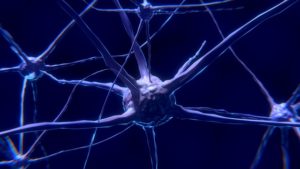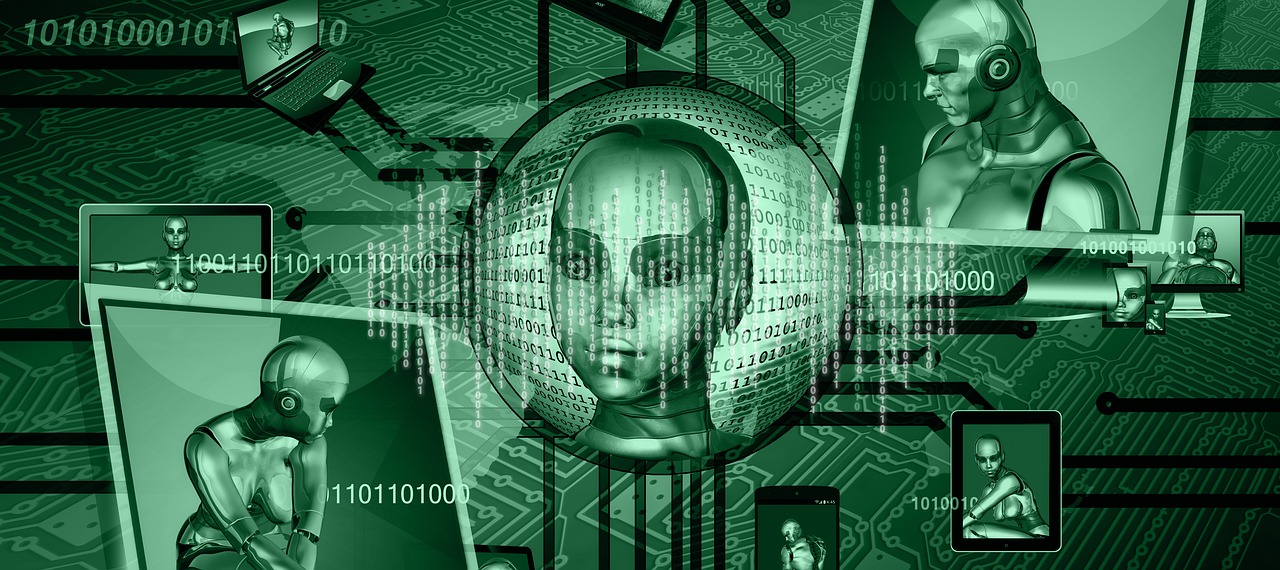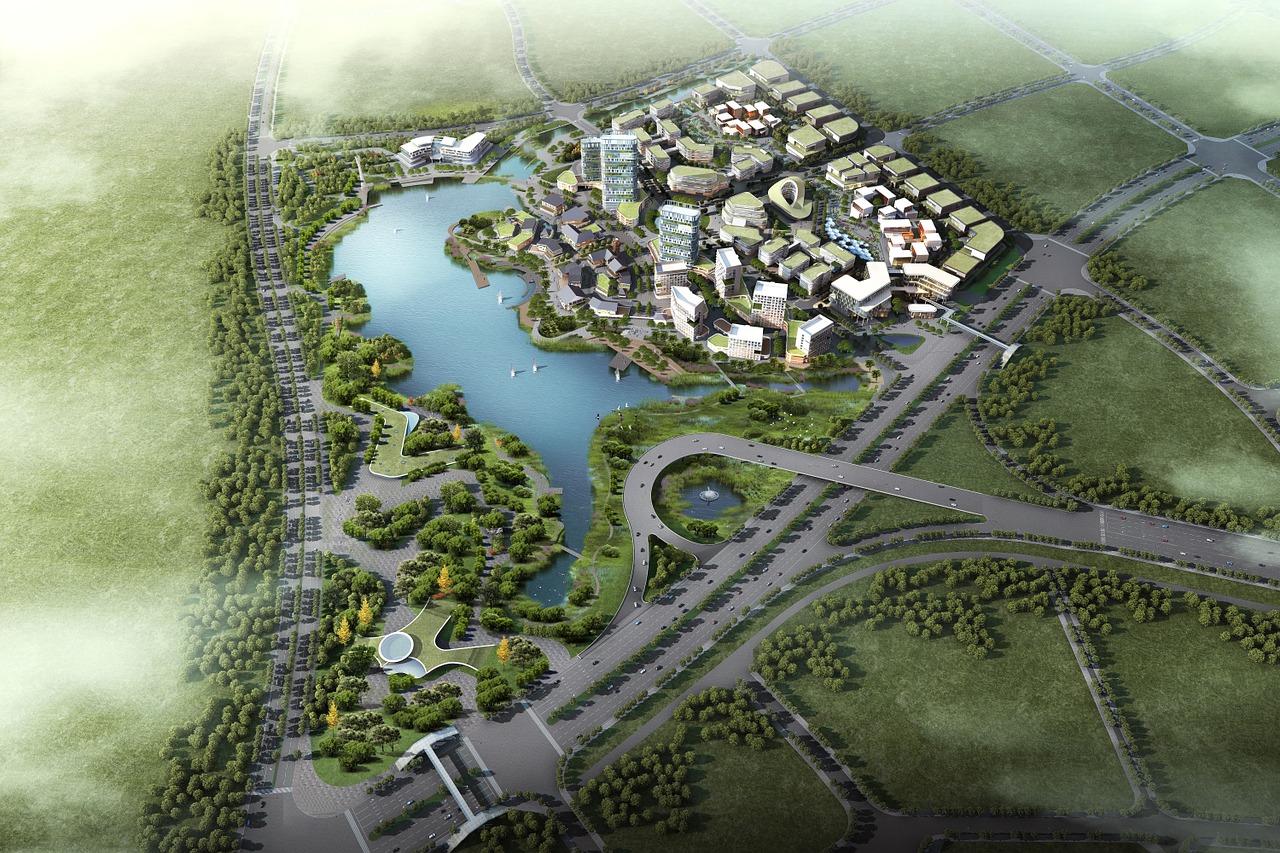Smart machines have learned to bluff, beat professionals in chess or Go, translate and recognize the human voice. Every week, we learn about all the new exploits of computer programs that already know how to put medical diagnoses, draw as well as Rembrandt, sing or generate text. Is it worth man to be afraid of artificial intelligence?
What is AI?
Artificial Intelligence (AI) – the science and technology of creating intelligent machines, especially intelligent computer programs; the property of intellectual systems to perform creative functions, which are traditionally considered the prerogative of man.
AI is related to the similar task of using computers to understand human intelligence but is not necessarily limited to biologically plausible methods.
AI and neural networks
The real hot topic of artificial intelligence (AI / AI) has become in the past few years. Scientists associate this with the rapid development of neural networks (one of the areas of research in the field of artificial intelligence), which, in turn, became possible with the advent of powerful computers.
Also, Read: Role of Technology in making a startup business grow
The academic community can argue about the timing of the emergence of intelligent machines, but it converges in one thing: the development of technology will have an unconditional impact on society, the economy and the relationship between people in the future.
Already now there are calls to think about the ethical principles of developing artificial intelligence, that artificial intelligence develops in a direction that is safe for people.
Economic effect and impact on the labor market
Science fiction and Hollywood have formed the notion of “artificial intelligence” as the next form of life on the planet that will enslave humanity in the Matrix or organize a nuclear Judgment Day for it.
In fact, despite recent advances in the field of artificial intelligence, the emergence of intelligent machine-beings is still far away, scientists and specialists admit. Both those, and others, however, advise on some aspects to pay attention already now.
According to the research organization McKinsey Global Institute, in the next ten years, new technologies will radically change the labor market on the planet, which will save about $ 50 trillion.
Changes will affect hundreds of millions of jobs. People will shift more and more of their tasks and many routine tasks to a machine, which will allow them to concentrate on creative work.
But with less automation, less skilled personnel will inevitably suffer, and now it is necessary to think how to protect them, retrain them and prepare them for a new life.
To experience, as practice shows, not only blue collar workers, but also mental workers can. A few days ago, Goldman Sachs replaced a team of 600 traders for two people and automated algorithmic trading programs, for the service of which were hired 200 software developers.
What is a neural network and what is its future?

Most experts link the progress in the development of AI with the development of neural networks. The Neural networks are one of the areas of research in the field of artificial intelligence, based on the modeling of biological processes that occur in the human brain.
It is they who are responsible for the appearance of impressive results in speech and image recognition, medical diagnosis, text translation and imaging, speech generation and musical composition.
Today, as experts admit, neural networks are recognized as one of the best algorithms of machine learning, and solutions based on them show the most outstanding results at the moment. And this despite the fact that modern neural networks are arranged one and a half thousand times simpler than the brain of a rat.
For the time being, the neural networks we create are relatively small compared to, say, the neural network of the human brain, and besides, they represent a very simplified analog of natural neural networks, so for the time being, with the help of neural networks, we solve mostly purely applied problems.
Now specialized processors are being created to train such networks (the so-called neuromorphic processors), which will increase the computational speed by several orders of magnitude. Developers are not just busy now increasing the number of neurons in the network, but also by changing the design of networks.
What awaits us in the near future?
As predicted by Professor of University College London and Principal Scientist Nokia Bell Labs Nick Lane, people will be surrounded by even more “smart things.” They will become more compact and effective.
The professor cites an example: if a sensor built into the wall could only realize that someone had passed by, then in the future he will not only know who exactly passed but how the person behaves, whether he does not need anything, whether he poses a threat to himself or others.
In the near future, we are waiting for a boom in the development of narrow artificial intellects that help solve some rather simple task, but which they will solve even better than a man can do.
Ashish Sharma is the Chief Marketing Officer at WeDigTech, a Mobile App Development Company in LA California US. He is responsible for marketing activities that have to do with creating, communicating and delivering offerings that have value for clients or business partners.






Comment here